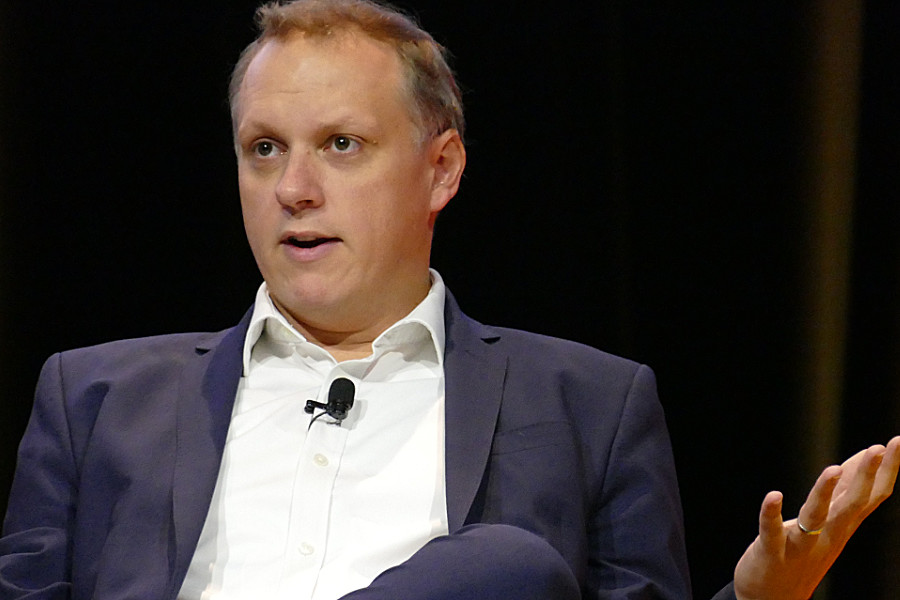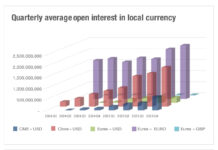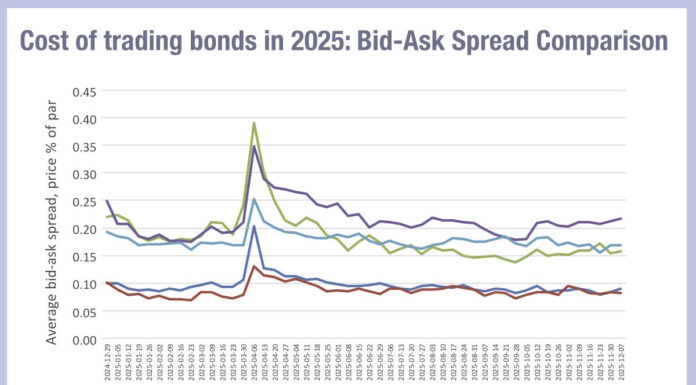The value of multi-asset trading desks to an investment manager is conditional on the goals of the buy-side firm aligning with the firm.
At TradeTech FX in Barcelona, the nuances of multi-asset trading were debated by senior traders.

“The market is always evolving, as is the desk,” said Peter Welsby, head of FICC trading, Europe at Manulife. “It comes down to flexibility, and you start with the big questions. How is the desk set up? Are we a multi-asset desk, or do we need standalone specialist traders? Or, are we some hybrid between the two? We used to be a multi-asset desk, but we are starting to specialise more.”
The pressure to specialise can be driven by the commercial model that the buy-side firm has chosen to adopt, the scale of its business and the effect those have on the execution objectives of the trading team.

Debating the pros and cons of specialists, Gordon Noonan, head of rates and FX trading at Schroders, noted that there are certain conditions which make it harder for a multi-asset trader to function as effectively as a specialist.
“If you have a P&L element to your role then you need to be an expert, I think it would be very difficult to do that if you’re not an expert and you’re getting paid on that,” he said. “We’re talking about doing a different job.”
The role of an execution desk, covering multiple assets, has different objectives he noted.
“We are an execution desk, so we’re trying to move risk as quickly and efficiently as possible,” he says. “We can take risk as a trader, but we’re not paid for that at the end of the year. I tell my team to move the risk as quickly and cleanly as possible when someone sends them a ticket. They are more risk managers more than anything else.”
Business as usual (BAU) activity and average tickets can be effectively managed by multi-asset desks, he observed.
“We’ve an incredible amount of data coming into our systems, we’ve got execution management systems (EMSs) that can take in and digest all of that information, spreads, expectant spreads, what we would expect to pay for all of these different kinds of trades,” he said. “So, for your average, BAU ticket, you can manage that in a multi-asset role.”
He acknowledged that as traders moved up the scale or risk curve, specialists became increasingly useful, However, using that level of specialism to manage the majority of trades, did not make sense.
©Markets Media Europe 2025













